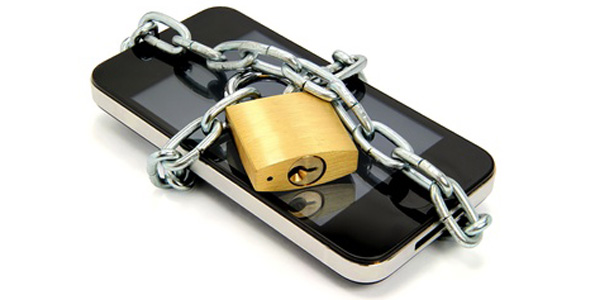Drone Defenses

Predator: Phil K. – Special Agent, Secret Service
Discussion: Personal home defense against unmanned aerial vehicles (UAVs), or recreational drones.
Small remote-control aircraft can pose a powerful threat to regular air traffic and also to your personal privacy. For less than $200, anyone can purchase a flying camera that can roam over your property and peek in your windows. Don’t worry about the Amazon Prime Air drone that will someday delivery your package, it’s the drone purchased from Amazon you need to worry about – today.
According to the Washington Post, Americans are projected to buy about 700,000 drones this year, a 63 percent increase from 2014. Whether operated with radio controllers, or programmed and controlled by a tablet or smartphone, drones are not just a military or government risk. They’re in your backyard and loaded with extras. Drones can be outfitted with long-range listening devices or HD video cameras. They’re lighter in weight, easier to use and cheaper than ever before as evidenced by popular models like the digital streaming DJI-Phantom 3 Professional Quadcopter Drone with 4K UHD Video Camera, the speedy 3DR IRIS+ (915) Quadcopter or durable Parrot Bebop Quadcopter. Predators have even been known to mount guns and radioactive material on drones.
While it’s not legal to decorate drones with guns and lethal glow-in-the-dark substances, pretty much anything else goes. These manmade UFOs are supposed to fly lower than 400 feet, weigh 55 pounds or less, and stay away from airports and people. That doesn’t always happen, but there aren’t many drone cops to enforce the rules.
Not thrilled with the creep up the street invading your personal air space? Then take charge by creating protection bubbles for your home, vehicles or other personal space.
Drone Digital Defense: When a recreational drone crashed on the the White House lawn, the Secret Service started investigating electronic signal jammers. This counter surveillance device jams the remote control radio waves used to control the drone. Trouble is, personal jammers can also jam the GPS signal for nearby cell phones, including 911 calls. So, they’re illegal to use except by the federal government. In case you want to see what these $25 devices look like, go to www.chinamade.com.
Progress is being made on other methods to disable drones. Boeing and some European companies are developing lasers to burn the little suckers out of the sky. You can also go make it more difficult for the drone operator to find you. If you tell Google that your address is the site of a home school, you can have the location blurred out on Google maps. The drone will still find you, but the predator may have a more difficult time tracking you down.
Physical Defense: Obvious defense you can deploy include blinds or privacy screens to prevent drones from getting an eyeful. If a drone becomes really worrisome, consider netting, tarps or other visual barriers to guard specific areas. Then there’s the more active defense of taking down a drone that invades your space. This gets into the tricky question of what actions can be taken in self defense. The law is more on your side when there’s a question of bodily harm than invasion of privacy. Several people have shot down the artful dodgers only to face legal charges. Shooting a firearm in a residential area is usually illegal and not very bright. Taking out a drone with a water hose or compressed air gun is another option. This works as long as you can avoid a nasty altercation with the drone owner, and the drone doesn’t land on people. Aim carefully. Drones can fly at speeds over 40 mph and 50 mph sideways. Remember drones that fly at a height of 500 feet or more comply with FAA rules. They’re usually free to roam the open skies, including yours.
Know Your Rights: Over 30 states have laws or resolutions that address drone issues. Some cities and other municipalities do, too. Check out federal regulations, too. Find out what a drone operator can and can’t do. You might be able to throw the jerk in jail with proof. Mississippi makes it a felony to use a drone to commit Peeping Tom activities. A good reference on state laws is the National Conference of State Legislatures’ website.
Federal regulators recently announced the a first-ever registration system to track recreational drone users with a goal to be operational by early 2016. The registration is also a chance to acquaint hobbyists with rules of the sky.
More defenses will emerge as American citizens protect their personal space against rogue flying robots. If you can’t fight ‘em, you can always get your own $30 personal protection drone and go kamikaze on the bad guy’s $800 bird.
More to Follow!






